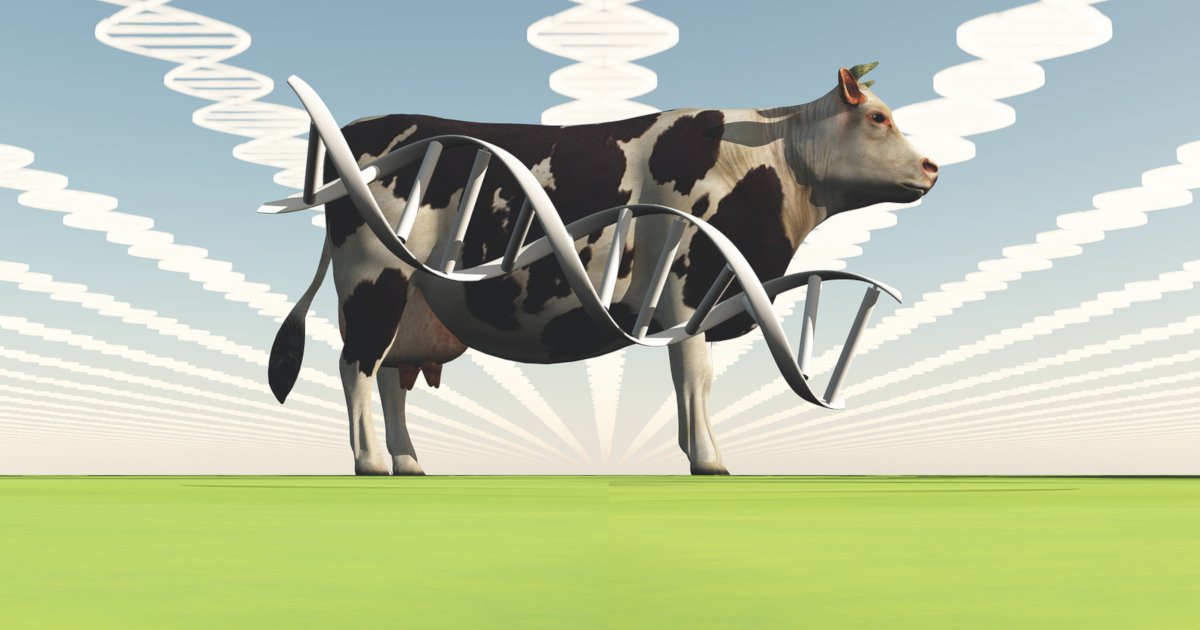
Genetically Engineered Animals: From Lab to Factory Farm
A growing body of scientific evidence is finding that genetically engineered animals may present even more food safety, environmental and animal welfare issues for an already problematic industrial animal farming system. Genetically engineering animals will not address the root problems associated with factory farming, and in fact may entrench an unsustainable and inhumane model of livestock production.
September 17, 2019 | Source: Friends of the Earth | by Dana Perls
In the face of environmental degradation and biodiversity loss from industrial agriculture, it is critical to transition to sustainable and ecological farming systems.1 But a new wave of research on genetically engineered animals is leading us in the opposite direction — by designing animals to better fit within industrial systems rather than addressing the underlying health, animal welfare and environmental problems associated with these systems.2
A growing body of scientific evidence is finding that genetically engineered animals may present even more food safety, environmental and animal welfare issues for an already problematic industrial animal farming system. The AquAdvantage salmon was the first genetically engineered animal approved for human consumption. Since its approval in 2015, concerns about engineering animals have only deepened.
